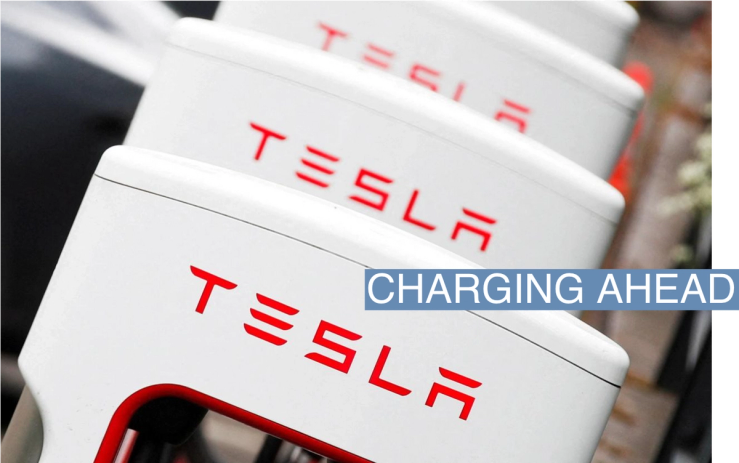The News
Tesla says it delivered more than 466,000 vehicles in the second quarter of this year, smashing expectations from Wall Street analysts, following price cuts this year.
Competitor BYD, China’s top-selling car brand, also announced record sales: The company delivered 700,244 vehicles this quarter, its best-ever.
We’ve curated three expert views on what this means for the auto industry.
Insights
- Tesla started slashing its prices earlier this year, prompting questions on whether other automakers would follow suit. While some Western manufacturers like Ford have actually raised prices on some of their electric offerings, other dealerships are offering lower prices on vehicles to stay competitive. Meanwhile, one analyst said that the growing competition of Chinese brands in markets like Europe would likely mean EV prices continue to fall. — Financial Times
- It’s not just price cuts that have spurred Tesla’s record quarter: In the U.S., new incentives to shop electric, including a $7,500 federal tax credit, might be factoring into the company’s growth. Tesla is the leading EV manufacturer in the U.S., where competing Chinese brands have yet to gain a foothold. — The New York Times
- Demand for batteries to power electric vehicles has led to manufacturers, including Tesla, to source graphite — a key component of batteries — from countries like Madagascar and Mozambique. Limited Western investment on graphite mining, coupled with the U.S.’s plans to cut reliance on China for critical minerals, has led to fears of a shortage. — Reuters
Know More
Consumers are rapidly turning to electric vehicles over traditional gas-powered cars. That transition is most significant in China, where consumers purchased 6.8 million electric vehicles last year. Chinese buyers tend to shop domestically, with 80% of sales stemming from local manufacturers, and BYD holds a 11% market share.
Much of China’s growth in EV sales stemmed from temporary government subsidies that promoted the purchase of cars.


